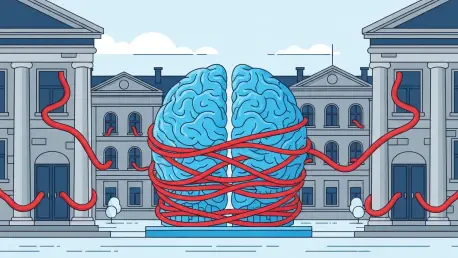
In the ever-expanding universe of electronic music hardware, a persistent dilemma confronts musicians: the choice between a self-contained, standalone synthesizer with a fixed architecture and the boundless, yet often complex, world of modular synthesis. A new contender, the Shmøergh Moduleur, has

Alphabet currently stands at a precarious peak, its market valuation soaring near an astonishing $3 trillion, a figure fueled by unprecedented momentum in the field of artificial intelligence. This widespread market optimism, however, is being shadowed by an equally powerful and growing wave of

Beneath the polished surface of a successful online storefront lies a relentless, data-driven battle for digital visibility, where every algorithm shift and broken link can mean the difference between growth and obscurity. Keeping an e-commerce website competitive is a monumental task that extends

In an era where artificial intelligence promises to revolutionize software development, many enterprises find themselves grappling with a fundamental paradox: their most advanced AI tools remain blind to the unique internal knowledge that defines their competitive advantage. These AI assistants,

For years, inefficient code has operated like a silent tax on businesses, a hidden operational expense quietly siphoning funds through wasted cloud resources and underutilized hardware. This once-overlooked form of technical debt, often accepted as a standard cost of doing business, has now been

The evolution from simple syntax highlighters to intelligent, context-aware coding partners marks one of the most transformative shifts in software development history, fundamentally reshaping how developers write, debug, and maintain code. The rise of AI Coding Assistants represents a significant